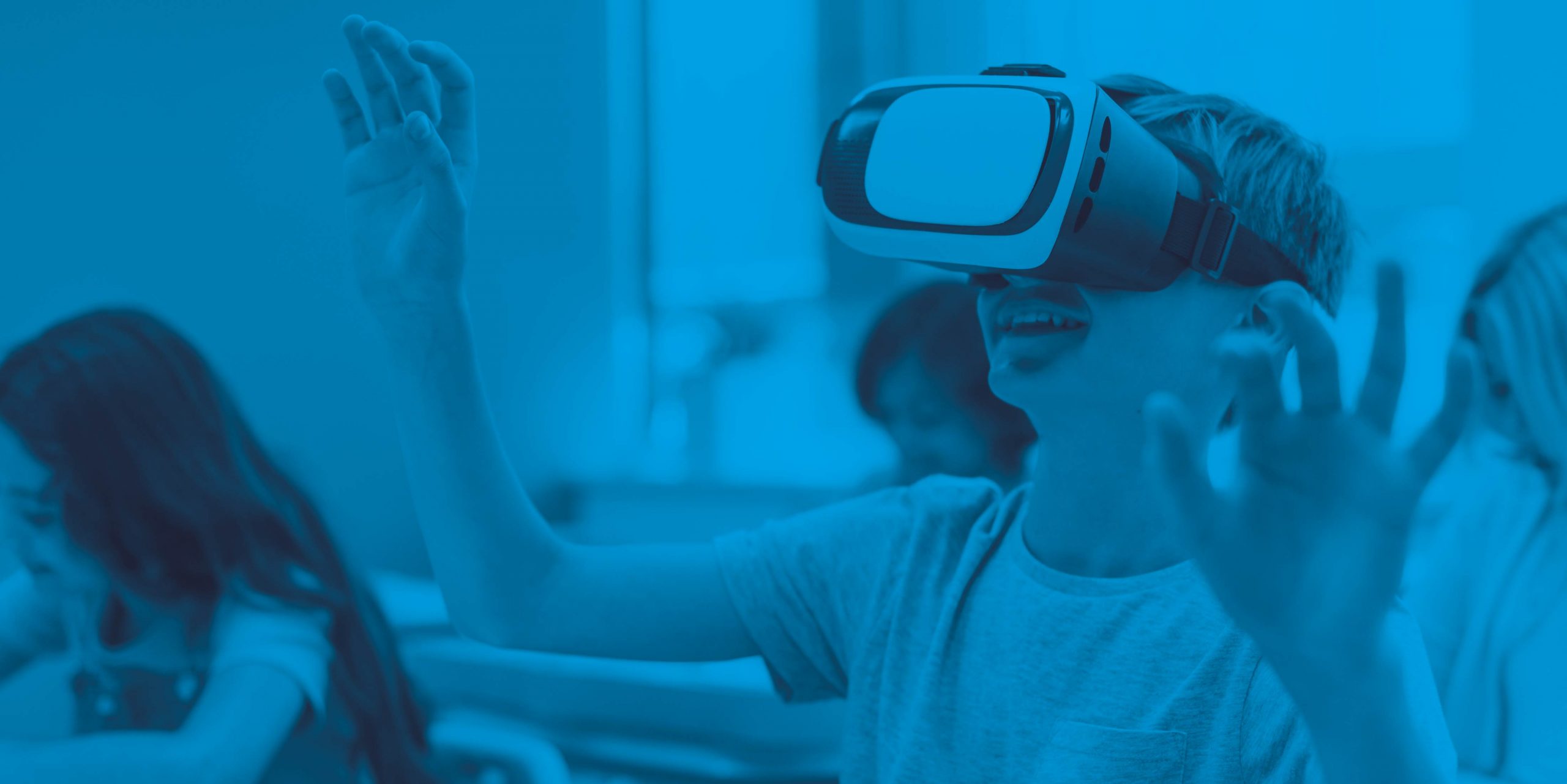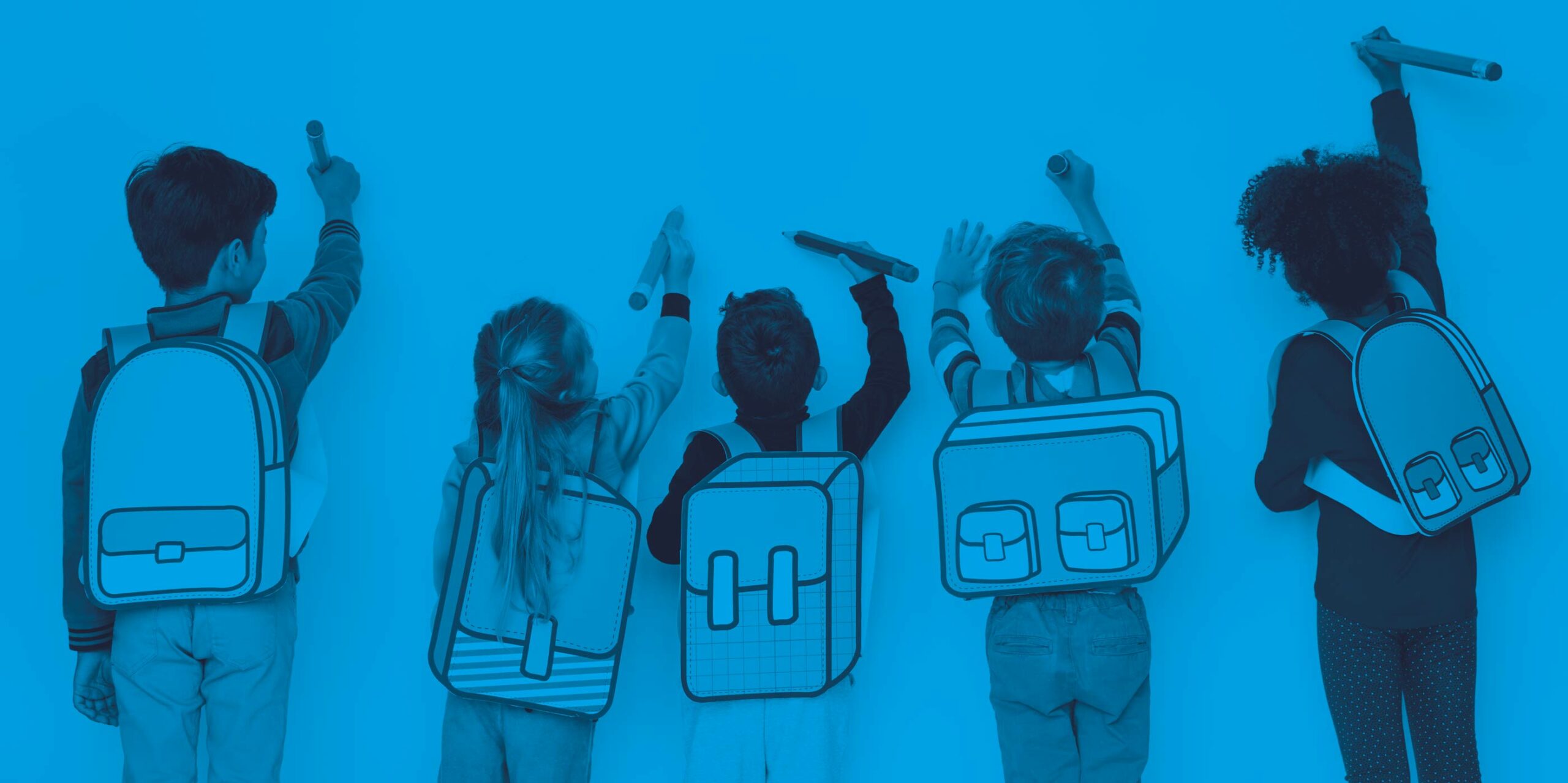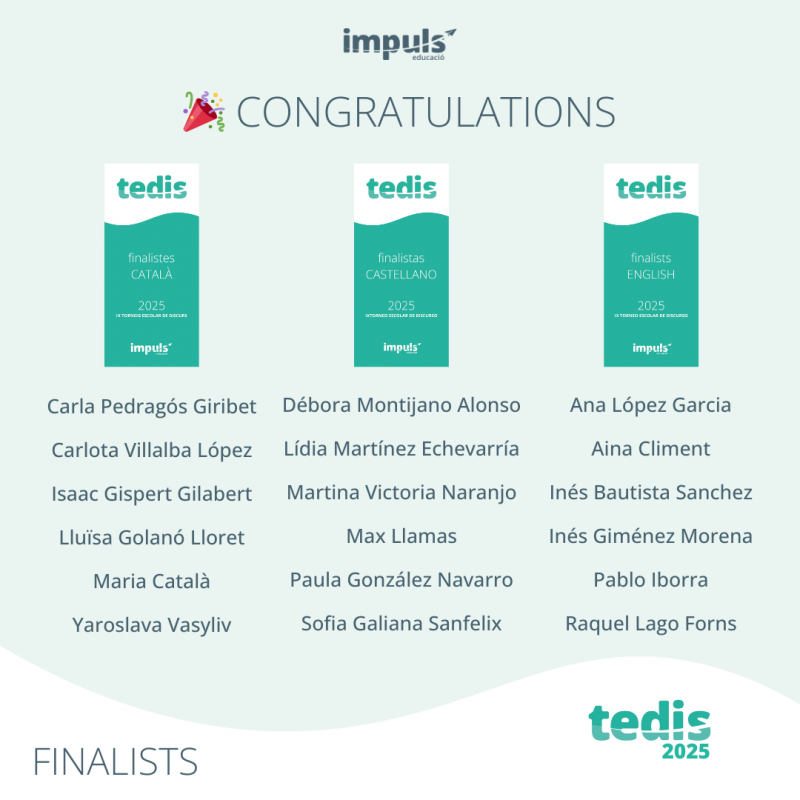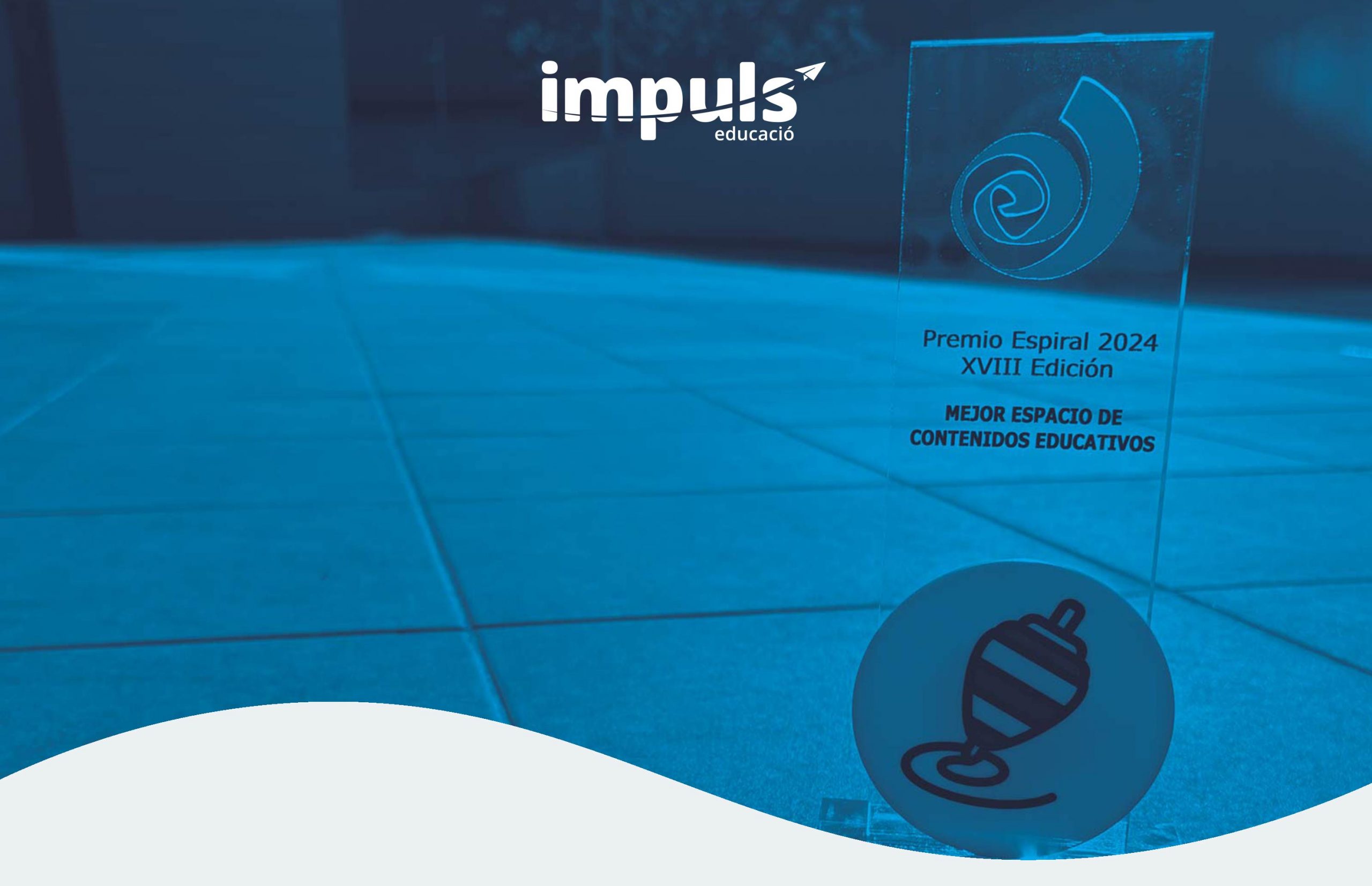by Ana Moreno Salvo
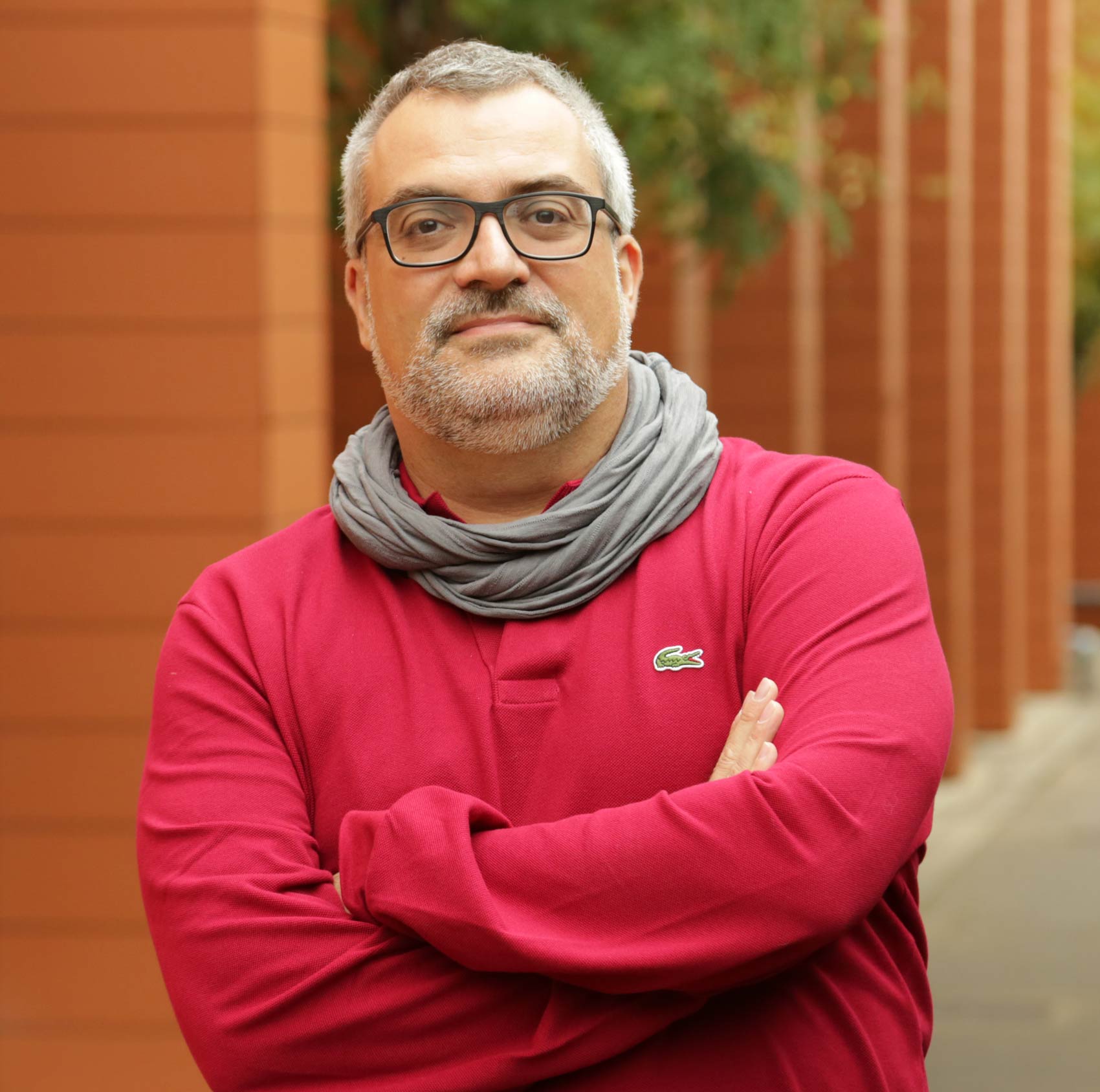
Miquel Àngel Prats Fernández is a teacher, educational psychologist and PhD in Education from the Faculty of Psychology, Education and Sport Sciences at Ramón Llull University (URL). He is the coordinator of the master’s in educational leadership and Innovation, a professor of Educational Technology and the researcher in charge of the eduTIC line of the PSiTIC research group (Pedagogy, Society, Innovation and ICT). In 2020 he was awarded the 30th Joan Profitós Pedagogical Essay Award for his book “10 Lliçons per a un Ús Ètic, Saludable i Responsable de les Tecnologies Digitals”.
At Impuls Educació, we are interested in international research and strive to establish connections with experts worldwide. With Miquel Àngel Prats, we discussed the role of technology and digital competencies in teaching. You can find the complete interview in issue 5 of the Diàlegs magazine: “Teachers with impact effect”
Interview with Miquel Àngel Prats
How should the education sector view or interpret this transformation?
In the first place, we have to think about the major need we teachers and educators have to become literate in everything. Secondly, we have know what we should do in class and in the presence of these powerful technological tools. The third challenge is related to the fact that these “smart technology tools” they can help us at work, too, so we can devote ourselves to really enhancing our student support and therefore for teaching to be much more personalised. The fourth challenge we need to become questioners of everything around us.
What do you think are the priority challenges that teachers are facing in their ongoing professional training to meet the educational needs of the digital era?
The teachers we have to be able to be mentally flexible and have huge doses of emotional reserve to be able to learn, unlearn and relearn. The priority challenges have to do with soft skills: decision-making, teamwork and problem-solving. Therefore, the aim is to help these students to become self-leaders, self-regulators and self-knowledgeable.
The teachers we have to be able to be mentally flexible to be able to learn,
unlearn and relearn

How can digital technology help teachers to improve their day-today work?
There is a series of resources where technology can help us a lot, such as planning and designing our teaching action. It will allow us to work more collaboratively with other teachers and schools to create projects together. We will have to be very creative. Ultimately, technology only puts a mirror in front of us so we are able to rethink our role in a world full of machines.
What are the key features of effective teacher training in digital competencies?
It should not be completely exceptional but instead an everyday, invisible thing. We should not be afraid of it; it should become just another task that we can hybridise. It would be healthier for technology to be present in every single subject or project we are working on. I would therefore advocate complementarity. First, it can be a subject of study, and the second is learning with technology. But, above all, making students think is what matters the most.

It should not be completely exceptional but instead an everyday, not be afraid of it and it should become just another task
What would you say to teachers, school principals and families about the role that digital devices should play in schools?
At school, technology has to serve the school’s educational project. We have to be clear about where we want to go. Secondly, I think there is an aspect that has to do with involving the students in all of this. Any decision must be agreed upon with the students themselves. Let’s bring them in. Thirdly, we have to consider families. There has to be a very close dialogue between families and the school, as well as coherence. Finally, great leadership is necessary. There must be a digital project with a digital strategy for the school. In this way, we lead, forecast, anticipate, and support families, as well as teachers and students.
We must involve students, any decision must be agreed upon with the students themselves. Let’s bring them

What is your opinion about computational thinking and artificial intelligence as curricular content?
It is very interesting that it’s possible to work in schools from a STEAM perspective, in which computational thinking and artificial intelligence are fully integrated into projects related to science, mathematics, engineering or art. It’s really helpful if children and teenagers understand what it means to work with machines and if they understand their language. It’s great because it awakens students’ curiosity to learn and especially to know.




